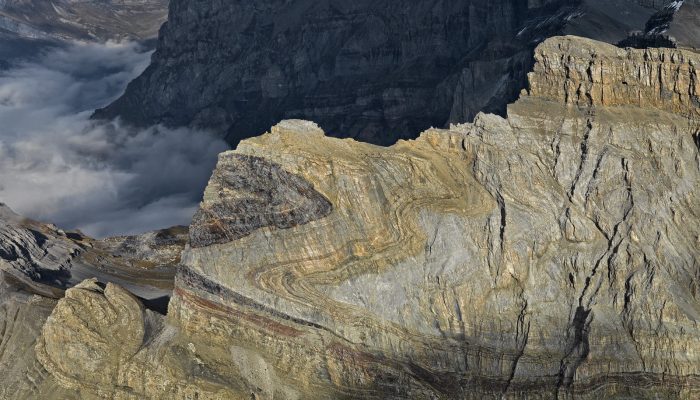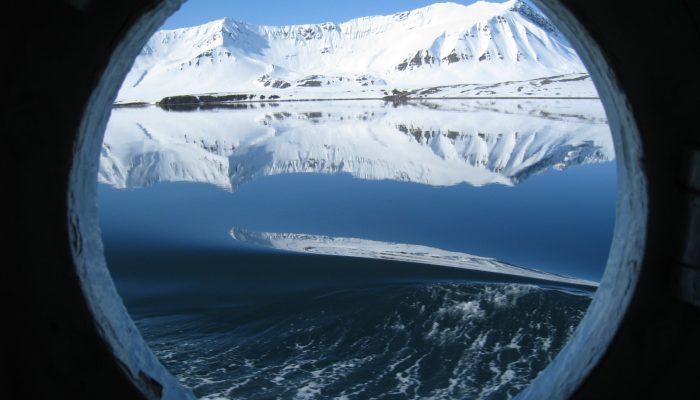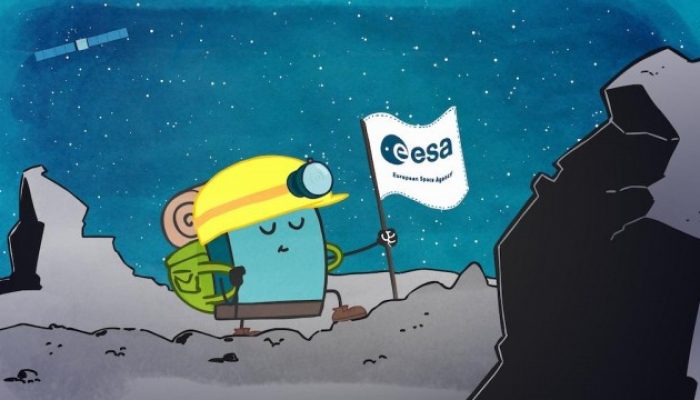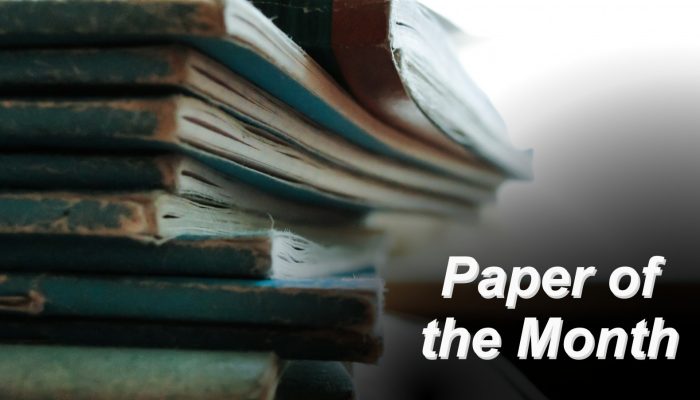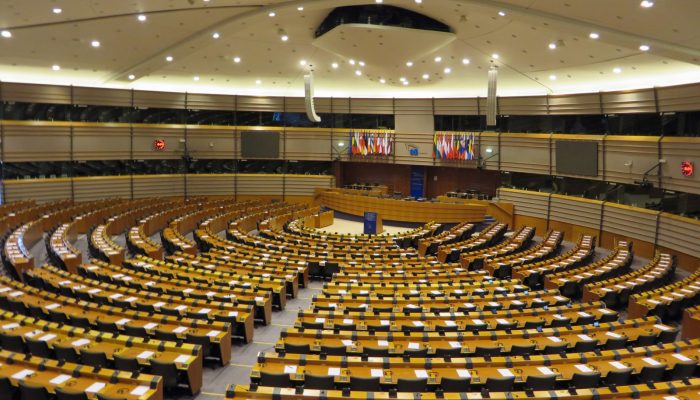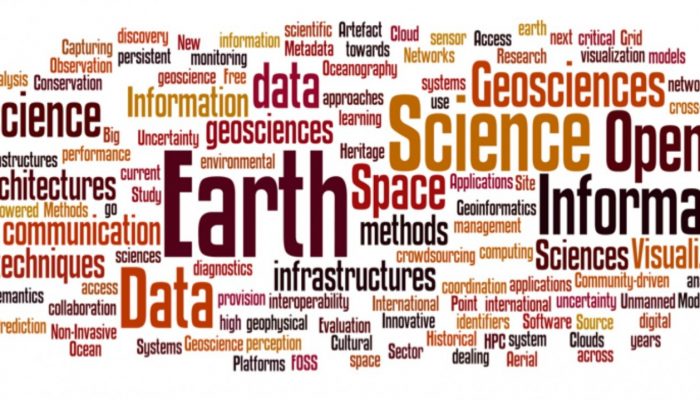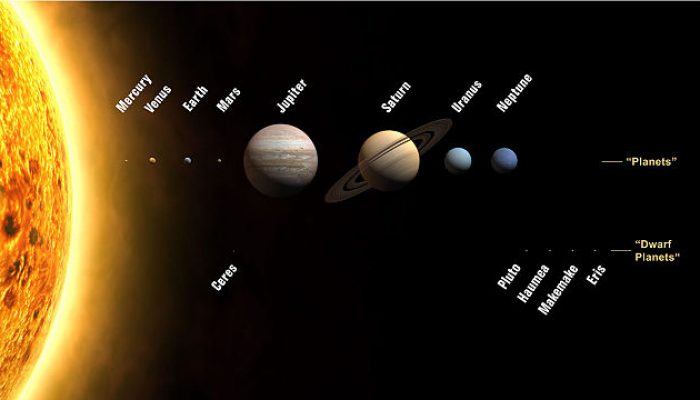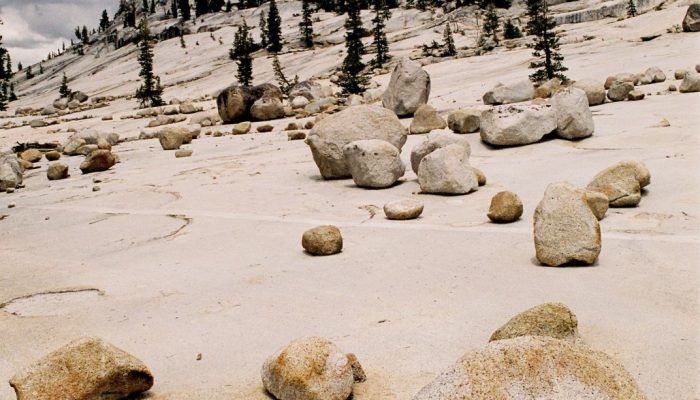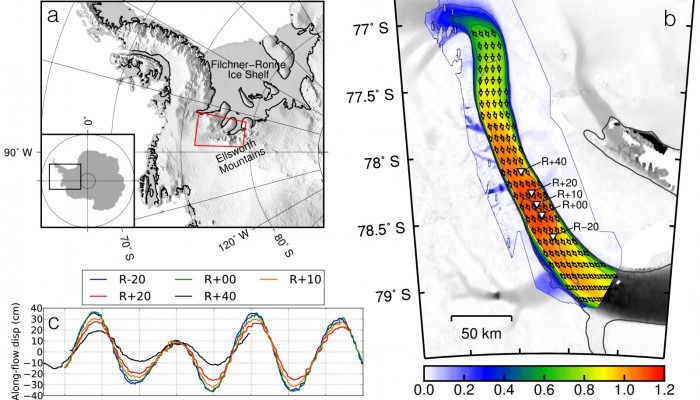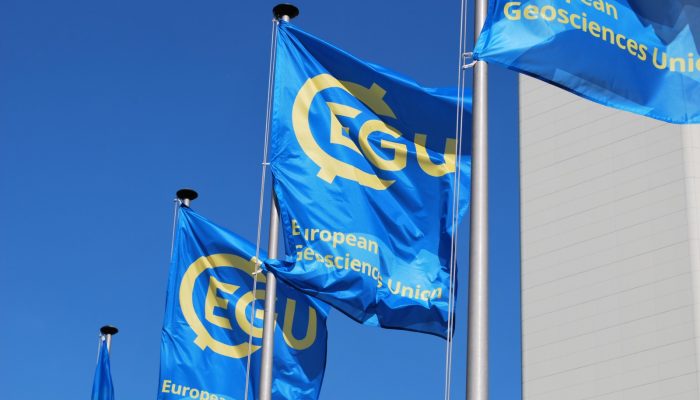The huge fold in the flank of the 2969 m high Dent de Morcles (in Waadtland Alps, Switzerland) is an impressive testimony to the collision between Africa and Europe (which began some 65 million years ago). The layers, originally deposited on the sea floor in a horizontal position, were compressed and shifted. The darker parts developed during the Tertiary period (66 million years ago). They are yo ...[Read More]
If you didn't find what you was looking for try searching again.
Cryospheric Sciences
Image of the Week — Arctic porthole, Arctic portal
No need to be a superhero to momentarily escape your everyday life! For that you, can just rely on the EGU Cryosphere Blog, which cares for taking you on trips to all sorts of remote and cool places (OK, OK we have to admit that some of these places are indisputably cold :-)). The picture of this week was taken through the porthole of a boat in the middle of Isfjorden, one of the largest fjord in ...[Read More]
GeoLog
GeoTalk: Matt Taylor of ESA’s Rosetta mission
In November 2014, space exploration history was made. Millions of kilometres away, orbiting a piece of ice and rock, the European Space Agency’s (ESA) Rosetta mission sent its probe Philae to become the first spacecraft to soft-land on a comet. After the tense 7-hour wait that followed the separation from the main orbiter, a tweet confirmed that the little lander had successfully completed the fir ...[Read More]
Seismology
Paper of the Month – Self-healing slip pulses in earthquake rupture
The “Paper of the Month” (PoM) blog series, recently launched by the Early Careers Scientists (ECS) representatives of the Seismology Division at EGU, aims to present particularly interesting, important, or innovative research articles in all fields related to seismology. While peer-reviewed articles published in the last 12 months are the primary targets, also older “classical” papers can make it ...[Read More]
GeoLog
GeoPolicy: 8 ways to engage with policy makers
Scientific research is usually verbally communicated to policy officials or through purposefully written documents. This occurs at all levels of governance (local, national, and international). This month’s GeoPolicy post takes a look at the main methods in which scientists can assist in the policy process and describes a new method adopted by the European Commission (EC) that aims to enhance scie ...[Read More]
Earth and Space Science Informatics
Big Earth Science Data – Boon or bane?
We are in the era of Big Data. Big Data is a ‘hot’ topic. It is a popular term often associated with an increase in volume, variety and velocity of data. The Copernicus programme for example, the European Union’s flagship programme on monitoring the Earth’s environment using satellite and in-situ observations, anticipates a massive increase in satellite data volume. It is estimated tha ...[Read More]
Planetary and Solar System Sciences
Welcome to the PS division blog!
Welcome on-board the blog of the PS division of the EGU ! You may not be familiar with the PS division and what it is about, so I’ll give you a tour. Most of the EGU divisions look towards the Earth, whether it is deep down the interior or right at the surface. Some look up to the atmosphere and the climate. Finally, there are two which look way up: PS and the Solar Terrestrial Sciences division ( ...[Read More]
GeoLog
Imaggeo on Mondays: The glacial landscape of Yosemite
Yosemite National Park, in California, is renowned for its beautiful and striking landscapes. So much so, this is the second time it has feature on the blog this summer. While our last post on the park focused on the ancient volcanic history of its landscape, in this post we fast forward to the Plesitocene (some 110,000 to 12,000 years ago) to discover more about how glaciers shaped Yosemite’s lan ...[Read More]
Cryospheric Sciences
Image of the Week – How ocean tides affect ice flow
Ice streams discharge approximately 90% of the Antarctic ice onto ice shelves , and ultimately into the sea into the sea (Bamber et al., 2000; Rignot et al., 2011). Whilst flow-speed changes on annual timescales are frequently discussed, we consider here what happens on much shorter timescales! Previous studies have shown that ice streams can respond to ocean tides at distances up to 100km inland ...[Read More]
GeoLog
Shape the EGU 2017 scientific programme: Call-for-sessions is open!
Do you enjoy the EGU’s annual General Assembly but wish you could play a more active role in shaping the scientific programme? Now is your chance! From today, until 9 Sep 2016, you can suggest: sessions (with conveners and description), or; modifications to the existing skeleton programme sessions Explore the EGU2017 Programme groups (PGs) to get a feel for the already proposed sessions and ...[Read More]

